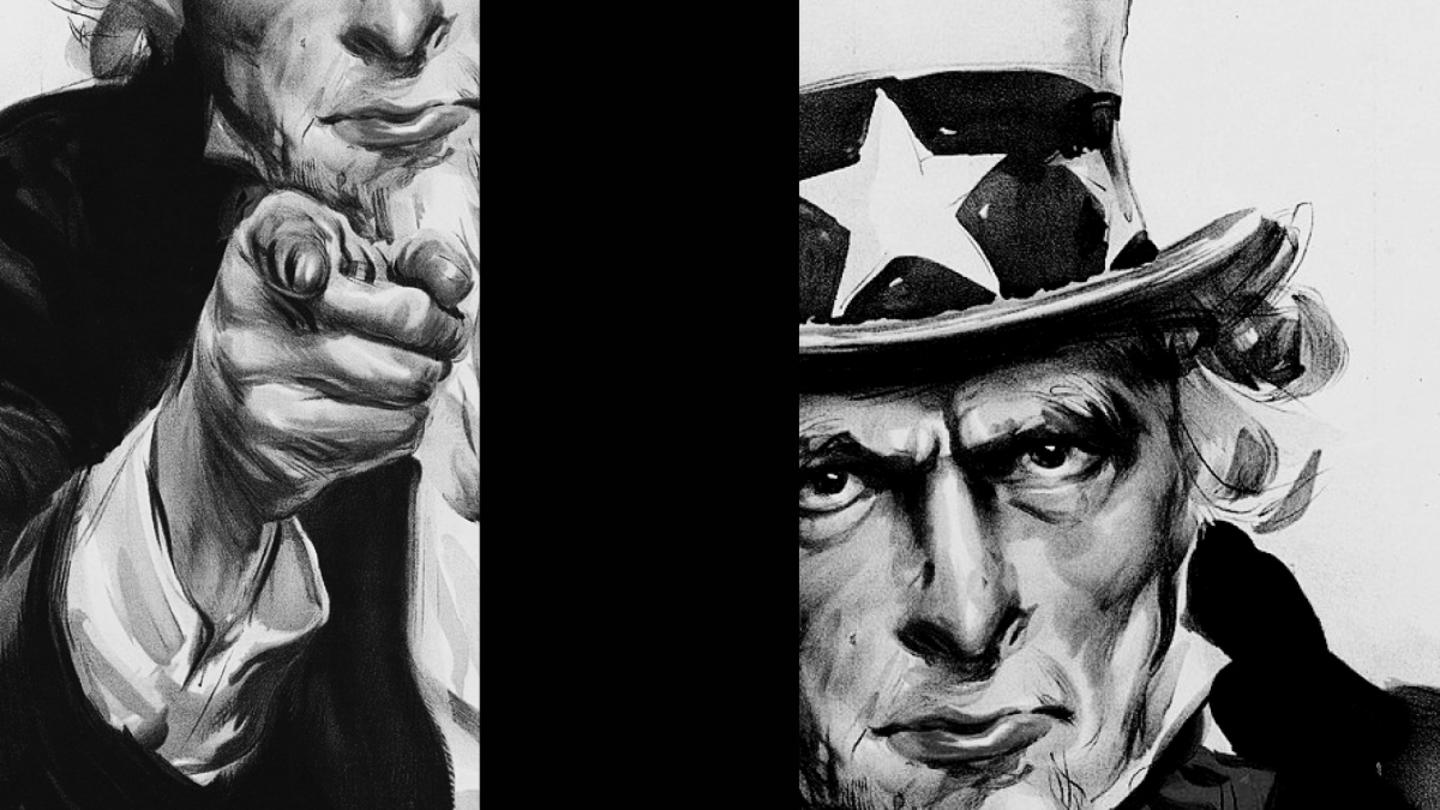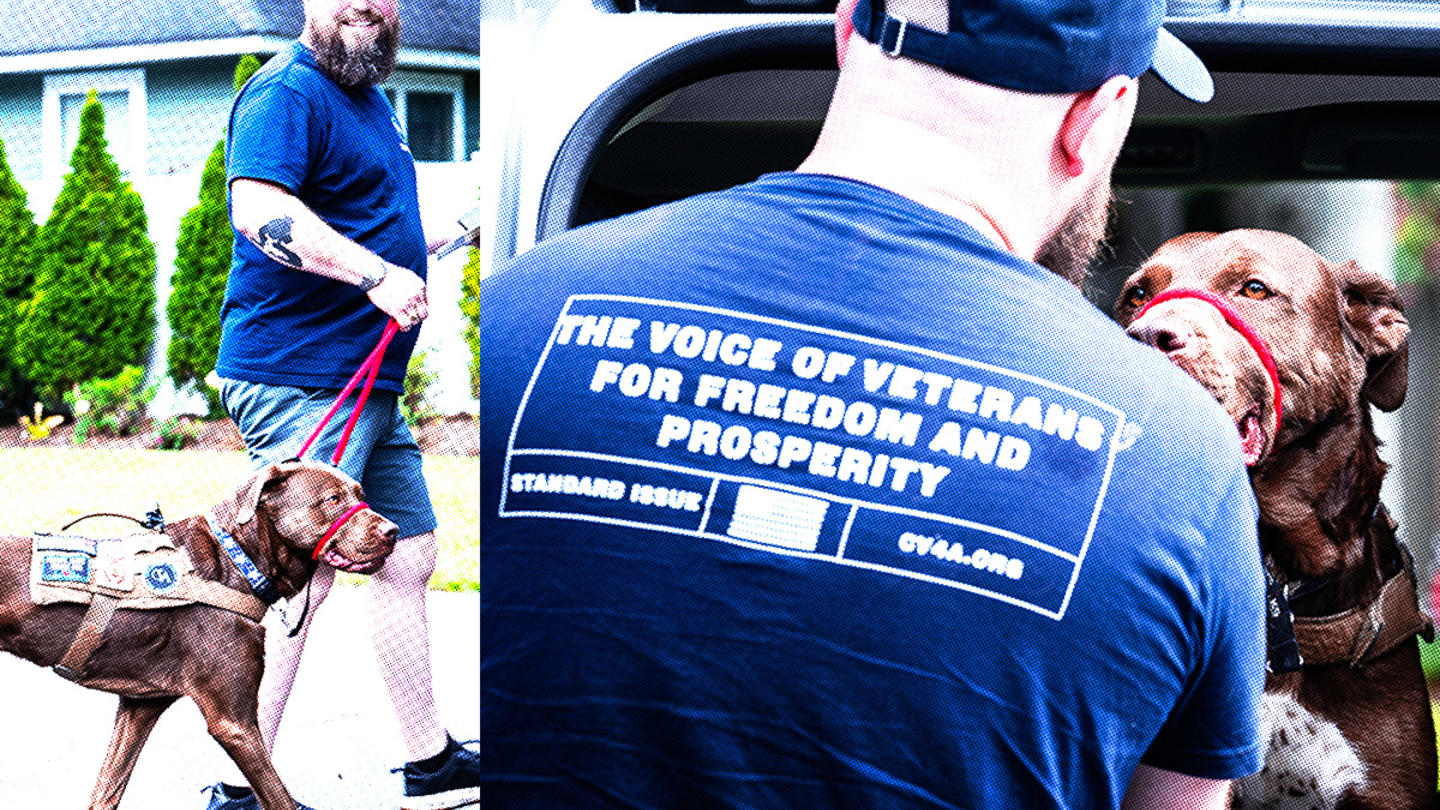America has long been the biggest military spender of any of its allies, but other nations aren’t holding up their end of the bargain. It’s time to rethink NATO burden sharing, says Justin Logan of the Cato Institute, a Washington D.C. think tank that studies many public policy issues, including a more restrained foreign policy that keeps the U.S. strong for future generations.
As of 2022, the U.S. can include 50 of the world’s countries as formal allies, plus dozens of other informal partnerships. The U.S. shoulders a vastly disproportionate amount of the economic burden: While U.S. allies account for about 36% of world economic output, they contribute just 24% of global military spending.
This imbalance allows allies to spend money on domestic priorities while U.S. taxpayers pick up the tab for their national security. Every U.S. president since Eisenhower has called this out, but the solution is far from simple. It likely involves reevaluating our alliances, pulling back from firm commitments, and following a three-pronged approach to spurring allies to take on more economic responsibility involving institutions, military deployments, and diplomatic signals.
Logan, director of defense and foreign policy studies at the Cato Institute, recently published a policy analysis breaking down this financial tradition. Here, he answers some questions about how we can reset the table and improve NATO burden sharing with our allies.
What is the current state of NATO burden sharing between the U.S. vs. our allies?
The war in Ukraine has made it somewhat politically salient because people are seeing how much more the United States is spending on aiding Ukraine than the European countries have been. But it’s a long-standing problem in the sense that the United States has been spending disproportionately more for the defense of Europe than Europe has been.
Since about 1960, about 61% of allied defense spending has been U.S. defense spending, but something on the order of 36% of allied GDP is U.S. GDP. So we’re spending a much larger portion of our income on defense, and much of that should be counted as a subsidy to our allies’ defense since they’re more vulnerable than we are.
Sign up for the Stand Together newsletter and get stories, ideas, and advice from changemakers to help you tackle America’s biggest problems.
How did we get here? How has NATO burden sharing with the U.S. shifted from Eisenhower until now?
Like most things, there isn’t a single cause for how we got here. It’s important to appreciate the complexity of the problem.
One thing U.S. policy makers have tended to like is the extent to which disproportionately high defense spending effectively purchases influence over our allies’ policy. So when Washington says NATO should do something, it’s much more difficult for the allies to say it shouldn’t, because of the disproportionate U.S. contribution to the defense of NATO countries.
That’s even more pronounced in the Asia-Pacific region where there is the so-called ‘hub and spokes system’ of alliances. If you’re the hub in a hub and spoke system of alliances, that’s going to purchase you a lot of impact and influence over what your allies are doing in those parts of the world.
So we’ve been kind of of two minds about this problem. We complain to high heaven about our allies’ lackadaisical approach to their own defense, but at key points in history, we’ve worked to scuttle our allies’ efforts to cooperate among themselves because the United States isn’t at the center of those efforts.
Is there any advantage at all to the U.S. taking on so many of these costs?
U.S. policymakers have thought historically that having outsized influence over NATO policy in particular was worth the significant material cost to American taxpayers, to purchase outsized influence over European states’ security policies.
My response to that is that I don’t need outsized influence over European states’ security policies. I don’t worry about the German problem re-emerging and Germany trying to [take] part of France once again, as it did in the 20th century. I don’t worry about these very wealthy, very democratic, very technologically advanced countries being vulnerable to predation by Russia.
My smart critic will say, “Yes, Justin. But now we have Estonia and Latvia and Lithuania in NATO, and these are very, very small countries with very severe geographic vulnerability to Russia.” I don’t have a great answer to that. I think that was a good reason not to bring them into NATO in the first place. And I think that those countries are well within their rights to worry a lot more about Russia than Americans should, but I’m interested in U.S. policy.
What does an ideal scenario for NATO burden sharing look like? How will foreign policy restraint help even out spending?
The dilemma here is that policymakers love to reassure allies. So whenever a crisis erupts, whether it’s in the South China Sea or off the Senkaku Islands or in Ukraine, policymakers’ first instinct is to rush into the breach themselves and to attempt to reassure all of their allies — and even security clients — of the strength of the U.S. commitment.
The problem is that doing anything meaningful to redistribute these defense burdens requires allowing allies to get anxious about the strength of the U.S. commitment — about where the U.S. commitment can be counted on. What we ought to be doing are incremental things to move toward a scenario where states are doing more for their own security.
[For instance], making the Supreme Allied Commander in Europe a European. It’s always been an American … It would cause tremors in Europe. But from my perspective, those tremors would be a good thing.
Deployments are a really important signal. President Biden not only reversed Donald Trump’s proposed withdrawal of 12,000 U.S. troops from Germany when he took office, but then sent another 20,000 troops to Europe after the Russian invasion of Ukraine and now is setting up a permanent military base in Poland.
These sorts of things are effective ways to reassure our partners and when our partners are reassured, they don’t feel the need to do as much as they otherwise would. So I think not doing these deployments — and indeed, in the paper I propose reinstating Trump’s withdrawal from Germany — would send little electrical signals through the system that oh, America’s attention here has begun to wane.
The Cato Institute is supported by Stand Together Trust, which provides funding and strategic capabilities to innovators, scholars, and social entrepreneurs to develop new and better ways to tackle America’s biggest problems.
Learn more about Stand Together’s foreign policy efforts.

Foreign policy restraint, and limiting the burden of NATO, is what will strengthen the US.

The Ukraine War is at an impasse. Here’s what you need to know.

When Ian Robinson re-entered civilian life, service animals gave him purpose.

Decades of political and diplomatic developments have unfolded since the 1990s, and much is different now.
